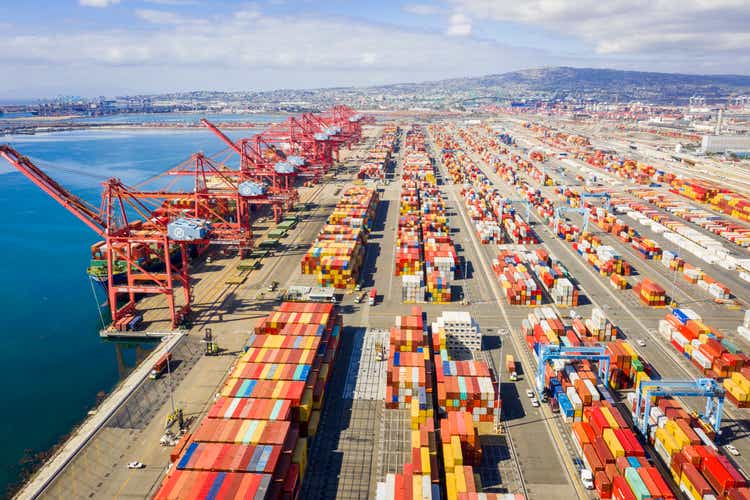
adamkaz
The retail sector faces a major wildcard ahead of the holiday season, as a potential labor strike at U.S. East and Gulf Coast ports poses a significant threat to the nation’s supply chains and economy. The International Longshoremen’s Association is currently at an impasse with port management over a new contract, with automation emerging as a key issue. The current labor agreement expires on September 30, and the union has threatened to strike on October 1 if demands are not met.
In response to the labor showdown, the nation’s major container ports are expected to be extra busy in September ahead of potential labor strikes, according to the Global Port Tracker report released today by the National Retail Federation and Hackett Associates.
“This is a critical time as retailers prepare for the all-important holiday season, and we need every port in the country working at full capacity,” stated NRF Vice President for Supply Chain and Customs Policy Jonathan Gold. “Many retailers have brought cargo in early and shifted to alternate ports as a precaution, but it is vital that labor and management at the East Coast and Gulf Coast ports actually sit down at the negotiating table and bargain in good faith for a new contract so we can avoid a disruption of any kind when their contract expires,” he added.
A strike would be another blow to the supply chain as it continues to face challenges, and to the nation’s economy at a time when inflation is finally coming down and the Federal Reserve is poised to lower interest rates. There is also the extra risk that retailers end up with either too much or too little inventory for the holiday season.
Some of the larger retailers that face import risk to varying degrees include Walmart (WMT), Amazon (AMZN), Costco (COST), Target (TGT), TJX Companies (TJX), Best Buy (BBY), BJ’s Wholesale Club (BJ), Walgreens Boots Alliance (WBA), Kohl’s (KSS), and Ross Stores (ROST).
